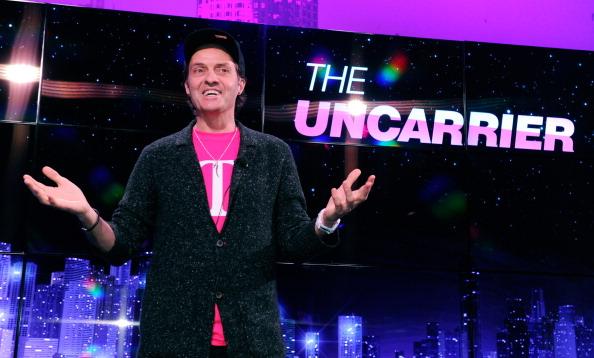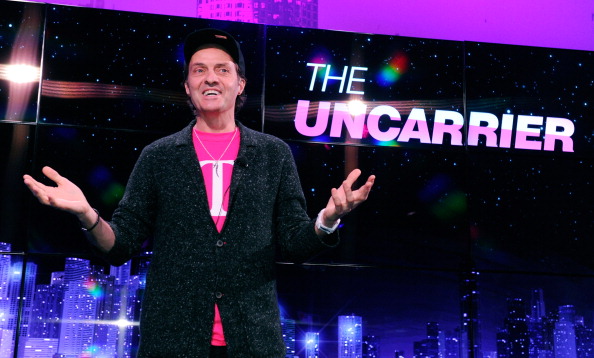T-Mobile USA took another hurdle toward completing its merger with Metro PCS. The FCC announced March 12 it will allow the merger to go through. Shareholders still have to approve the deal in a vote on March 28 but two large shareholders oppose the transaction.
FCC Commissioner Mignon L. Clyburn said in a statement “I generally agree that these transfer of control applications would not likely result in competitive harm to wireless consumers.”
T-Mobile and MetroPCS executives also expressed gratitude in their statements and want to move full-speed ahead with the merger which the market currently values at $14.4 billion.
The deal, announced on Oct. 3, 2012, will create a company with 42 million subscribers with the explicit goal to overtake Nr. 3 wireless player sprint (57 million subscribers), according to Deutsche Bank estimates. Private company T-Mobile will reverse-merge with publicly traded MetroPCS, whose shareholders will get $1.5 billion in cash and 26 percent of the new company.
John Legere, President and CEO of T-Mobile said: “Our combined company will have the products, spectrum, scale and resources to shake up this industry and deliver an entirely new wireless experience.”
Not so Fast, Says John Paulson
While previous speculation that Sprint might launch a counterbid died down, two activist shareholders are now looking to scuttle the vote.
John Paulson’s hedge fund Paulson & Co. wrote the following letter to Metro PCS' board and T-Mobile’s parent company Deutsche Telekom AG Feb. 28.
“While we believe in the strategic merits of the proposed combination, Paulson believes the pro forma company has too much debt at too high an interest rate to be competitive in the well-capitalized U.S. wireless industry.”
Paulson, who did not own any stock in MetroPCS before the Merger was announced Oct 3, 2012, now holds 9.9 percent and is the largest shareholder. His analysis says that T-Mobile is not contributing much in equity but brings in a lot of debt, of which a $15 billion loan from Deutsche Telekom constitutes the majority.
“MetroPCS shareholders are being short-changed on this deal, contributing a higher share of the pro forma value in return for a lower share of the pro forma equity,” he writes. His adjusted calculations show that MetroPCS should actually own 41.7 percent of the equity of the new company.
Schoenfeld Asset Management, which holds 2 percent of MetroPCS agrees: “The current PCS market price is approximately equal to the price at which PCS traded before the deal was announced … It is highly unusual for shareholders of an acquired company to receive no acquisition premium,” it stated in a Feb. 7 letter to the boards of the same companies.
All parties that held shares at the close of business March 11 are allowed to vote in the March 28 meeting. Despite Paulson’s and Schoenfeld’s efforts, however, they are unlikely to succeed on their own. In order for the merger to be approved, a majority of voting shares must cast their vote, either remotely by mail, telephone or internet or in person at the meeting.
A simple majority of the votes cast is sufficient for the proposal to go through. Since Paulson and Schoenfeld only hold 12 percent of the vote, they depend on other shareholders for support.
T-Mobile and MetroPCS on the other hand urged shareholders to vote with the proposal and dismiss any attempts by “a dissident stockholder.” “If stockholders vote against the proposed combination, there is no assurance that MetroPCS will be able to deliver the same or better stockholder value,” the company stated.
The Epoch Times publishes in 35 countries and in 21 languages. Subscribe to our e-newsletter.






